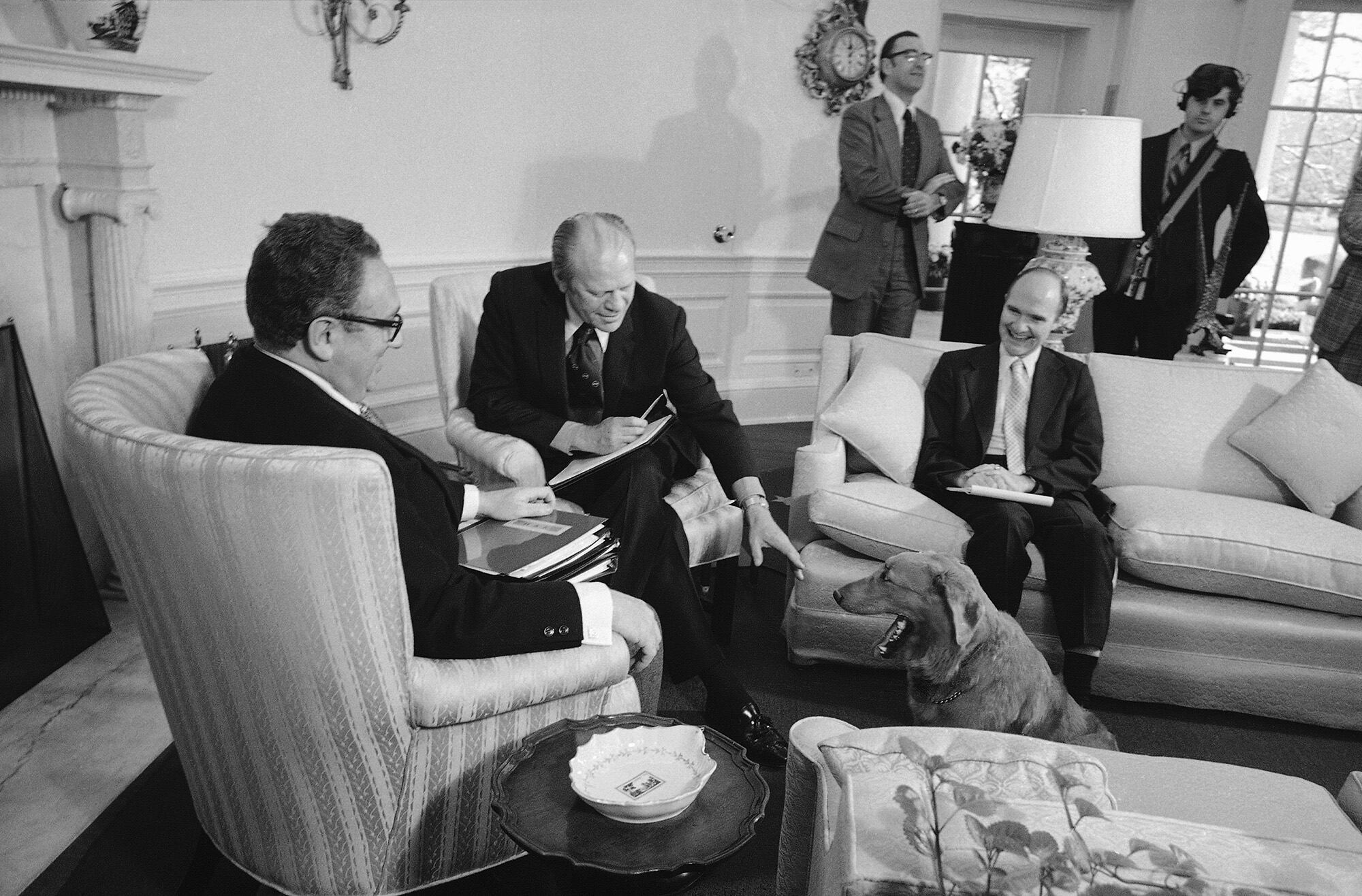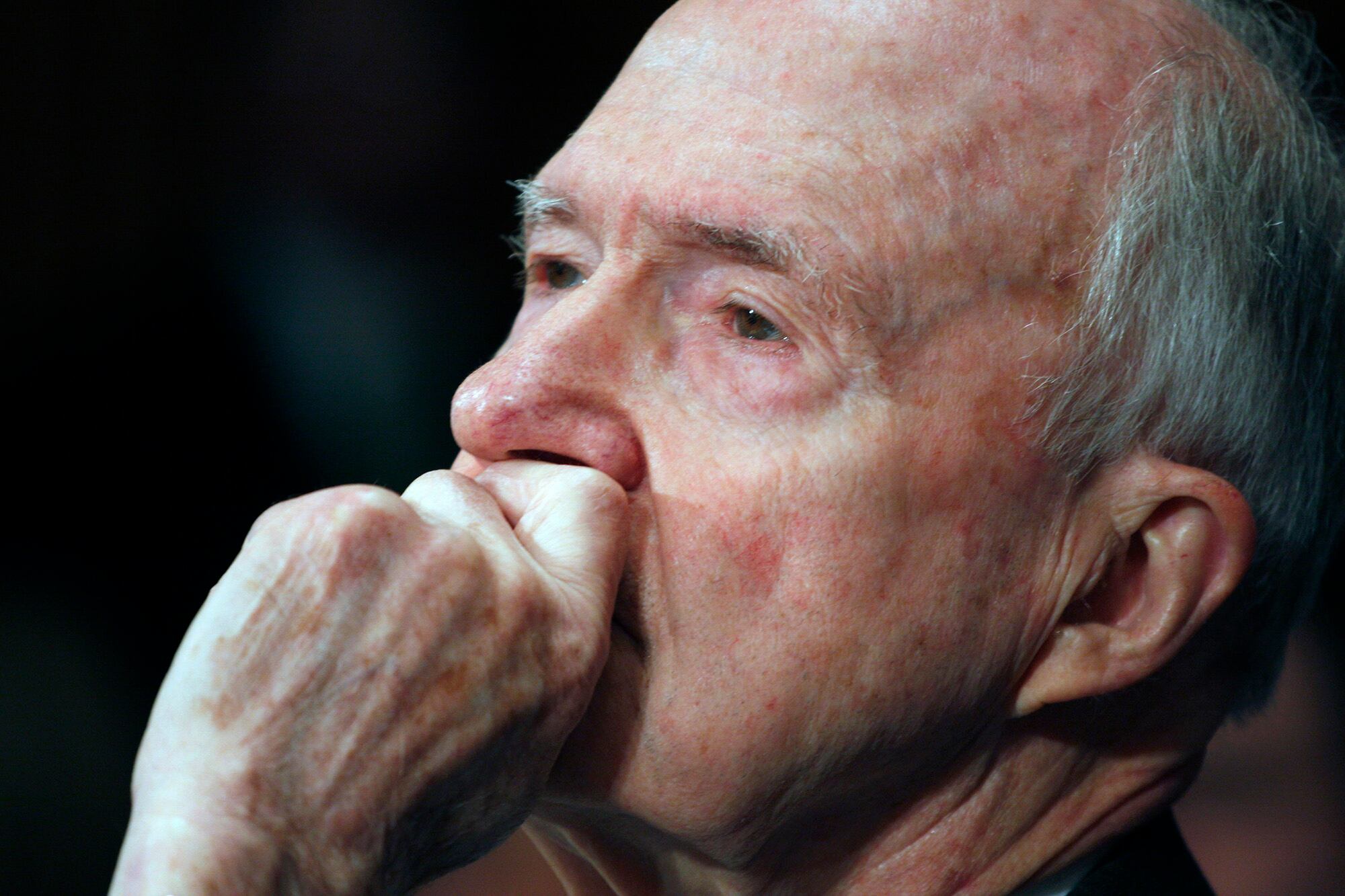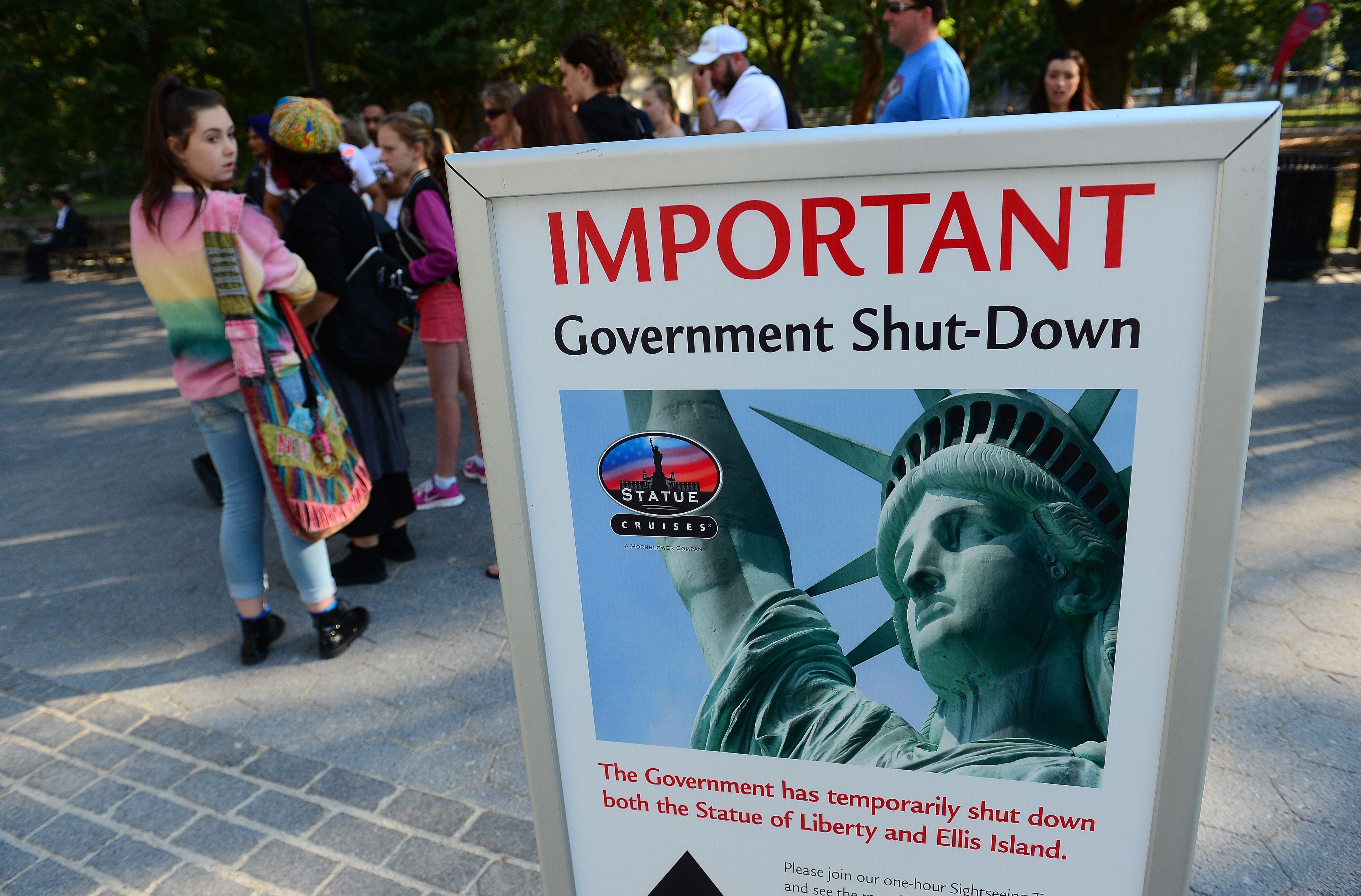WASHINGTON — A lifetime before he served two presidents as national security adviser, Brent Scowcroft was just 12 when he decided to become a West Point cadet after reading about cadet life. After he graduated with the Class of 1947, he decided to join the Army Air Corps and train to be a fighter pilot. He achieved that goal, too, but then fate shot down his plans.
Just months after earning his wings, Scowcroft was flying over New Hampshire when his F-51 crashed in a frozen swamp. A broken back and other injuries kept him in the hospital for two years. He flew again, but so much time had passed that he decided to turn from tactics and operations to strategy and planning.
And he did. Playing a prominent role in American foreign policy, Scowcroft served as national security adviser to Presidents Gerald Ford and George H.W. Bush, the only national security adviser to two different administrations. He also advised Presidents Richard Nixon, Jimmy Carter and Ronald Reagan on defense issues.
“I don’t have a quick, innovative mind. I don’t automatically think of good, new ideas. What I do better is pick out good ideas from bad ideas,” he told The Washington Post on the eve of the George H.W. Bush administration. He added: “It is comforting to be doing things that make a difference. In the end, it’s the job that’s more important.”
Scowcroft, who died Thursday of natural causes at age 95 at his home in Falls Church, Virginia, was appointed Ford’s national security adviser in 1975 as he retired from the Air Force with the rank of lieutenant general. He served as national security adviser to Bush, by then a close friend, during the four years of the Bush administration, 1989-93.
Scowcroft's death was confirmed Friday by Jim McGrath, a longtime spokesperson for Bush, who died in 2018.
An independent streak and a penchant for honesty burnished Scowcroft's reputation in government. He differed at times with the Reagan administration on missile policy. In 2002, as President George W. Bush prepared to invade Iraq, Scowcroft argued against attacking Saddam Hussein's regime.
Scowcroft was described at times as both gentle and tough, a brilliant coordinator most concerned with results, a tireless worker accustomed to 18-hour days. In a 2011 study of his career, historian David F. Schmitz noted that Scowcroft had been at the center of numerous post-Vietnam War discussions of American foreign policy.
He was part of the presidential administrations that grappled with U.S. responses to the collapse of communism in Europe, the crackdown in China after the Tiananmen Square protests and Saddam Hussein's invasion of Kuwait and the subsequent Gulf War.
“The key tenets of his thinking, shaped by the Second World War, were that national security policy had to protect the nation from aggression, provide international stability, control arms while maintaining preparedness, and shape an international environment that was conducive to America’s goals and needs,” Schmitz wrote.

Scowcroft was born March 19, 1925, in Ogden, Utah. His father owned a wholesale grocery business, which helped the Mormon family avoid the tough times that came with the Great Depression.
After refocusing his military career in the wake of the plane crash, Scowcroft earned a master's degree at Columbia University in 1953 and then taught Russian history at the U.S. Military Academy at West Point. In 1957, he began studying at the Strategic Intelligence School in Washington. Two years later, he was an assistant air attaché in the American Embassy in Belgrade, Yugoslavia, then taught political science at the U.S. Air Force Academy.
Scowcroft was assigned to Air Force headquarters and the Defense Department during the 1960s and earned a doctorate in international relations from Columbia in 1967. He was appointed military assistant to Nixon in 1972. A year later he became deputy assistant for national security under Henry Kissinger, Nixon's national security adviser.
He left the White House with the election of Democrat Jimmy Carter in 1976. He set up a consulting firm serving international businesses and eventually joined Kissinger at Kissinger Associates, a consulting firm with similar goals.
Scowcroft served on Carter's advisory committee on arms control and was chairman of Reagan's Commission on Strategic Forces, which focused on the effort to modernize U.S. nuclear weapons. He also served on the three-member Tower Commission, which investigated the arms-for-hostages affair that occurred during the Reagan administration.
Scowcroft had been a close friend of George H.W. Bush since they had served together in the Nixon administration. With Bush's election in 1988, Scowcroft was interested in leading the Pentagon as defense secretary during the Bush administration. He accepted a return engagement as national security adviser when he realized he would be at the president's side instead of running the massive bureaucracy at the Defense Department.
After Bush lost his reelection bid to Democrat Bill Clinton in 1992, Scowcroft returned to consulting. He co-wrote with Bush a book about the Cold War, "A World Transformed," published in 1998, and with Carter national security adviser Zbigniew Brzezinski the book "America and the World: Conversations on the Future of American Foreign Policy" in 2008.

Scowcroft angered the White House of his friend's son, President George W. Bush, when in 2002 he publicly expressed the view that little evidence tied Saddam Hussein to terrorist organizations and warned that war with Iraq could damage if not destroy U.S. alliances in the region.
In a column for The Wall Street Journal, Scowcroft wrote: "The central point is that any campaign against Iraq, whatever the strategy, cost and risks, is certain to divert us for some indefinite period from our war on terrorism. Worse, there is a virtual consensus in the world against an attack on Iraq at this time. So long as that sentiment persists, it would require the U.S. to pursue a virtual go-it-alone strategy against Iraq, making any military operations correspondingly more difficult and expensive."
Given his relationship with the Bush family, Scowcroft's criticism of the administration carried particular weight. "I thought they were rushing to judgment and making a serious mistake," Scowcroft recalled during an interview with the West Point Center for Oral History. His concerns, made privately before he spoke out publicly, were "pretty much rejected" by the younger Bush's White House, he said.
President George W. Bush and his wife, Laura, said in a statement Friday that they were saddened to learn of Scowcroft's death.
"This patriot had a long career of distinguished service to our country. As a retired Air Force general, he gave sound and thoughtful advice to several presidents. He was an especially important advisor to my father — and an important friend," Bush said.
Scowcroft married Marian Horner in 1951; she died in 1995. He is survived by their daughter, Karen, and a granddaughter, Meghan.





